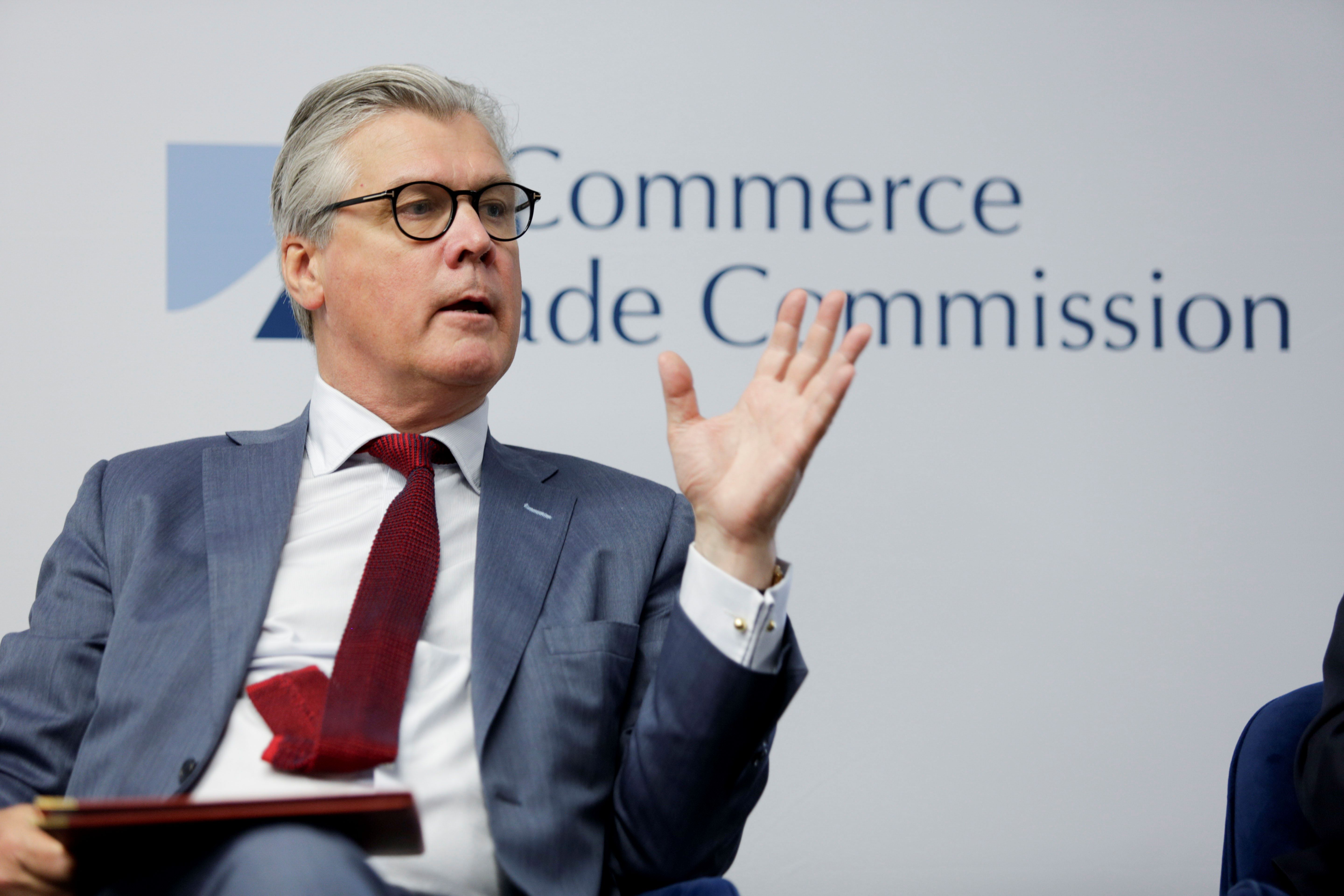
The UK should aim to double the number of exporters by 2030, the UK’s exports minister, Lord Offord of Garvel, has claimed.
At the beginning of International Trade Week, Lord Offord said that the £1trn export target set by the government for the end of the decade does not go far enough.
SME focus
Stating that the target would be achieved “relatively easily”, he told The Times that there was room for significant growth in the number of SMEs exporting from the UK.
Of 2.7m registered companies paying VAT in the UK, 300,000 currently sell their goods abroad.
Lord Offord, who founded boutique investment firm Badenoch & Co, which specialised in investing in Scottish SMEs, argued that focusing on smaller companies, could boost this number:
“Take out the 10,000 big companies… Basically, we are saying 10% of SMEs are exporting. My view is we should be doubling that to 20%.”
In September, the Institute of Directors called for a 15% target, dubbing the existing number insufficiently “stretching”.
Digital decade
The Scottish businessman emphasised that companies that sell digital services are naturally in a good position to export their goods.
An additional 100,000 companies are projected to begin exporting digital services over the next decade, he said. While UK’s exports remain more weighted towards manufacturing, he expects this to change.
“Our economy is 80% services and 20% goods. Our exports are still 50-50 because our manufactured goods are so good they go around the world. But the direction of travel is going to be two-thirds services, one-third goods.”
He has previously spoken on how e-commerce can help firms to begin exporting at the launch of the E-Commerce Trade Commission convened by the Institute of Export and International Trade (IOE&IT) earlier this year.
Brexit boost?
Brexit offers advantages that could help achieve an increased export target, Lord Offord also argued, though he conceded that exporters to the EU had been “punished in terms of friction”.
While “we all hear the bad news about Brexit”, he said, there were also unique opportunities presented by the UK’s post-EU exit adoption of digitalised trade documentation with this year’ Electronic Trade Documents Act.
He also highlighted the trade potential of the Comprehensive and Progressive Agreement for Trans-Pacific Partnership (CPTPP) for UK exporters.
A recent Institute of Economic Affairs report, Lord Offord noted, concluded that there was little difference between exporting to the EU and to other markets for UK exporters, though the report's conclusion that exports to the EU had not deteriorated following Brexit was challenged by King’s College London economic professor Jonathan Portes and other trade experts.
Employment reform
The government has announced the removal of EU provisions it calls “unnecessary and outdated bureaucracy” from UK law this week.
It says the changes will cut “time-consuming reporting requirements” for businesses, simplify Working Time Regulations to make annual leave and holiday pay reporting more straightforward and to streamline rules surrounding the transfer of business ownership.
The changes do not change workers’ rights in the UK, the government states, but instead aid businesses to “benefit from the additional freedoms we have through Brexit”.
By making employment regulation “fit for purpose”, said business minister Kevin Hollinrake, the reforms will bring a boost to the economy.
“Seizing these benefits of Brexit, including a saving of £1bn for businesses, will support the private sector and workers alike and are vital to stimulating economic growth, innovation and job creation.”



